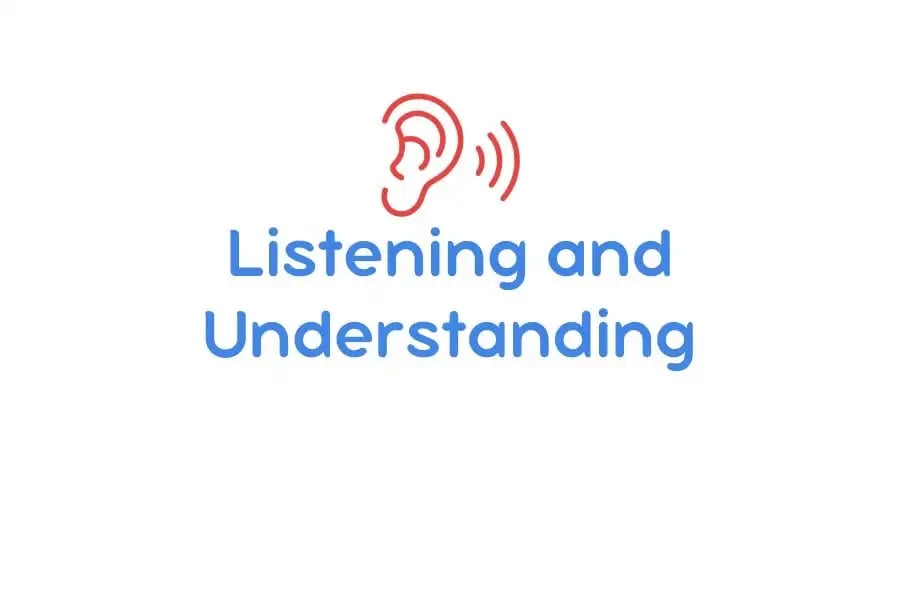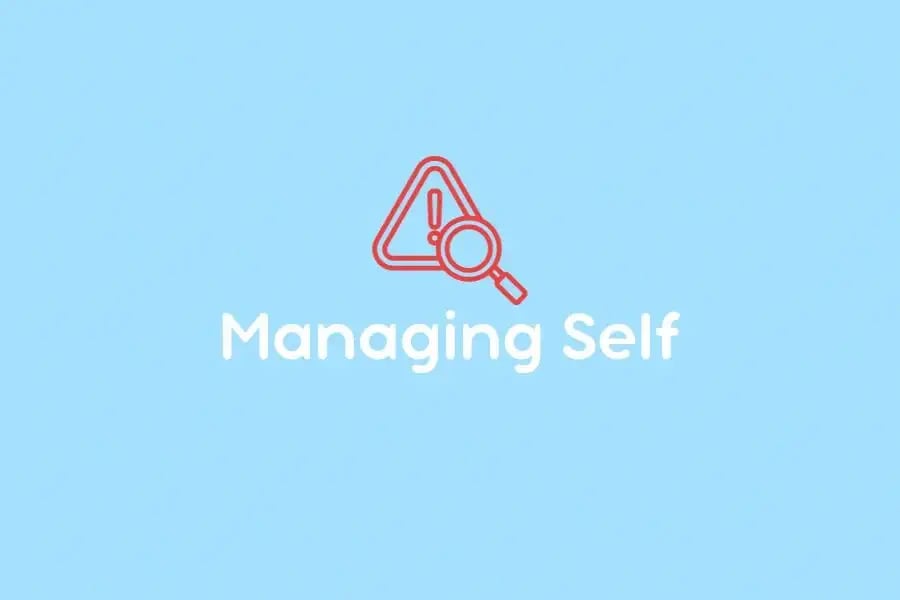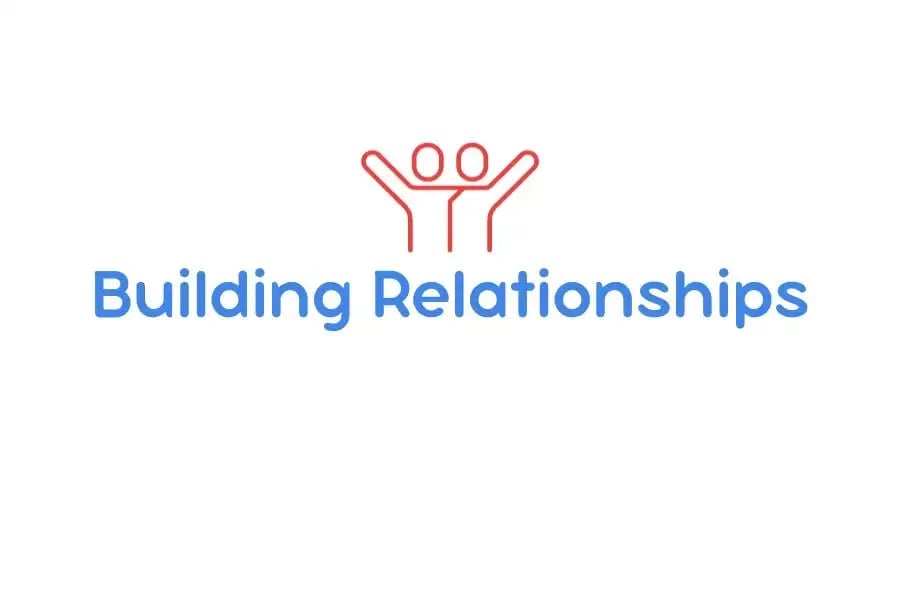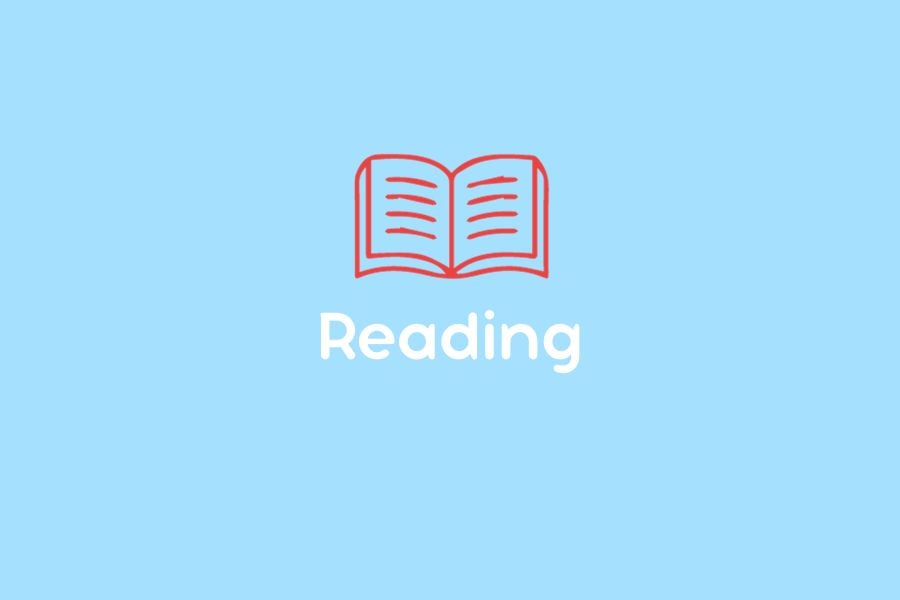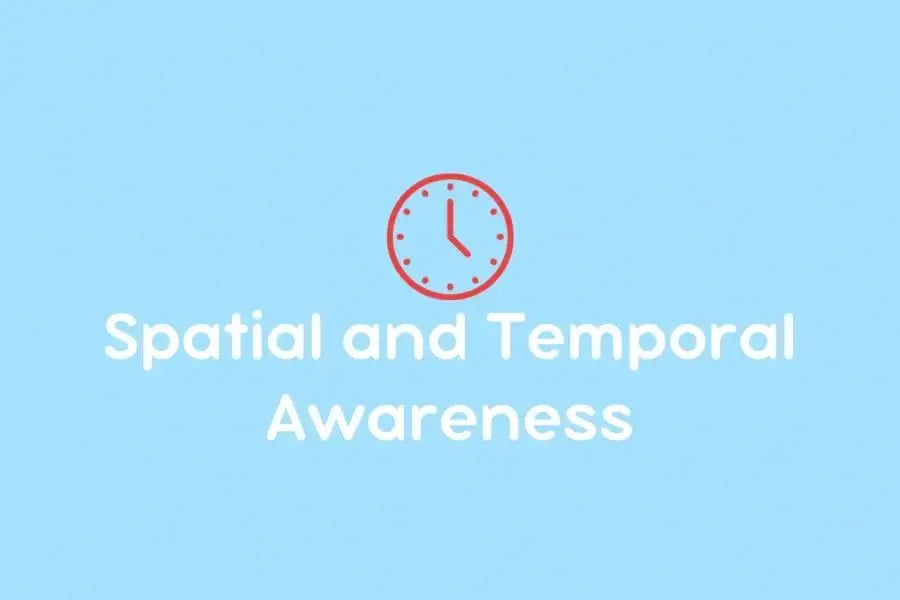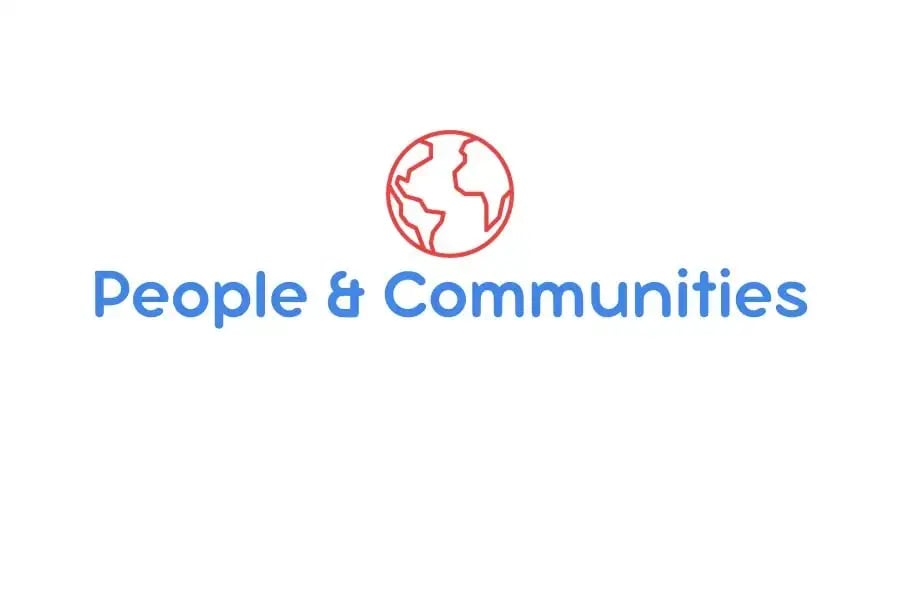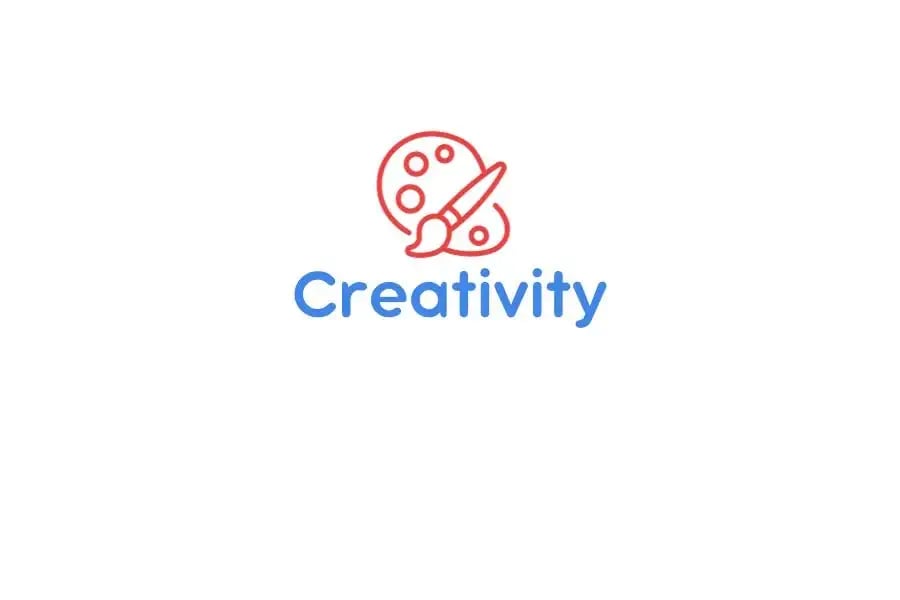Hatching Dragons Toddlers Programme
Our toddler programme builds on the foundations laid in our baby programme - the work undertaken in communication and language, physical development and personal, social and emotional development should see our children confident, capable and communicative sufficient for them to start exploring the more academic areas of the EYFS: that of numeracy, literacy, understanding the world and arts and expressive design.
Teaching & Learning Outcomes
We believe in what we do and want to make you a promise as to what levels of development your child will achieve across all of the 7 areas and sub-aspects of learning that Ofsted requires of us.
-
At the end of their time in our toddler class, your child should be able to both listen and understand simple instructions in both languages and remain focussed on specific tasks. They respond readily to their names and are aware of the names of their friends, the routines of the room, and our expectations of their behaviour - self-regulation is beginning to manifest
-
After our Blue Dragons programme, your child should be able to speak around 200-500 words confidently in both languages (depending on time spent in our language enrichment programme). They will frequently ask questions about the names of objects and concepts as their vocabularies rapidly expand. They will be linking up to 5 words together in simple sentences.
-
Our values-based pedagogy in circle time is most important at this crucial stage - your child will begin to be able to partially verbalise their desires and needs, but not fully, which can lead to frustration and behavioural outbursts. We help children understand and accept these feelings but contextualise them in empathy as to how they might feel if those same feelings were directed towards them.
-
Your toddler's confidence is emerging and they are happy to engage in new activities independently, albeit with the support of their key worker. Their knowledge of and ability to manage risk still requires a steady hand but they are more keen to try and reach the limit of their abilities. Our job is to help them overcome the bump and seek satisfaction in seeing a job well done.
-
Your child is slowly beginning to establish close bonds with their key group in the school. We share and talk through our feelings and behaviour and why we need to learn to consider the needs of others as well as our own. Sharing is still a challenge - the sense of possession isn't particularly easy to shift even with adults but with calm, consistent reassurance and reminders of our values, we get there.
-
Your child is beginning to grasp pencils and pens in a cursive manner, making marks and being able to control and direct the mark-making well. They now sit up, stand and walk confidently, although hopping, skipping and jumping skills are still emerging. Risk is still not fully understood and so we do need continued vigilance in helping them understand what is safe and what can pose a risk.
-
Children listen intently to story time, Makaton and picture books, asking simple questions about what is happening in our stories. They will be able to finish simple sentences by understanding the context and intuiting from the pictures the situation described. They begin to grasp that images and shapes can have meaning. They are introduced to Chinese calligraphy and the letters and sounds.
-
Children are regular visitors to our library corner, independently selecting picture books that stimulate their curiosity. They will ask simple questions about concepts and imagery they don't understand. We start to introduce simple letters from the alphabet in talking time and letters and sounds towards the end of their time as toddlers.
-
Your toddler will enjoy mark-making as an activity, closely linked to arts, crafts and self-expression as it is. As we introduce letters and sounds during our literacy classes, your child will start to practice the formation of letters in the alphabet in our cursive writing sheets, using dot-to-dots and other resources to encourage knowledge of the shape, form and sound of the letter.
-
Toddlers will be aware of weight and volume differentials and volume in our cookery club. They start to subitise quantities during our simple numeracy programmes that encourage number counting and the removal of items from the child's sight. We are not at the stage of numeral recognition but our counting songs and rhymes are building knowledge, so they have the foundation for basic computation.
-
Our number patterns are established in our songs and rhyme time with our toddler class. Simple songs that encourage counting and subtraction are used by the team to build awareness of less and more counting structures. The use of an abacus, beads and coding blocks helps develop the sense of pattern structures we use through preschool.
-
Toddlers' concept of time is not particularly established - yesterday, today and tomorrow are introduced as the routines for the school become slightly more structured. Tidy-up time and key transitions in the room's routine help build the child's awareness of structure. We also introduce the concept of time in the context of our day before introducing the numerical structures of time.
-
The focus of our cultural programme is to introduce them to their immediate environment - the United Kingdom and London in particular, and the people within it, what they do and how they help us. We talk about our families and cultural traditions within the key group and introduce key religious themes that we learn to respect and discuss in circle time.
-
Our outing times have encouraged us to plant seeds in our gardening corner and learn to water the plants to watch them grow. We attended a farm in one of our outings to understand agriculture and how food is made and have learnt how food is made in our cookery club. We learn about the animals of the home and the farm.
-
Our arts and crafts programme has seen the children maximise their creative expression, using the mixed media and materials within our art corner. We have made a patchwork of textiles, learned to dance and sing in our music class, and developed an awareness of the different textures of the materials within our school.
My Immediate Environment
Our toddlers have established a sense of self and a secure base and foundation with their families, key groups and key workers within their first year with us. Now, we start to introduce them to the immediate environment and society in which they live to introduce them to the people who make our cities work. We look at the seasons and changes, the rural landscape and, of course, the cityscapes.
New Beginnings
In January, it's a time for renewal and rebirth. We celebrate the turning of the year with a nursery celebration that helps our children understand the passing of time and the excitement that the new year can bring.
Family
We look into our families - who they are, how big they are, where they are, and share our knowledge of our cultures with our friends. It helps build our awareness of cultural diversity.
Spring
As the winter recedes, the landscape changes and we start to see the flowering buds of Spring. We talk to the children about the natural cycle. We celebrate Easter, Passover and other festivals of the spring equinox.
Occupations
Given that we're in the heart of the city, we investigate the different jobs and occupations our parents, family and friends have to better understand how cities function.
Farming
We think it's hugely important for our children to know where food comes from, and to take care of the earth. We will sow seeds, learn to water and grow our own vegetables and we may well visit a farm or two!
Under the Sea
In preparation for our holiday period, we look at the seaside and what can be found there - from starfish to limpets, sand dunes and the sea. We may also take a trip to the London Aquarium.
Holidays
Talking about our holidays and learning where we are going and what it might hold for us is a hugely important step in helping the children understand distance, difference and diversity.
The City
We explore our immediate environment looking into the wonderful sights and sounds of our city. Since we're in the middle of it, we just walk out and see these spaces on our doorstep.
Autumn
We've looked at farmers and sown our seeds in the spring to see our vegetables grow to fruition. It's now the time to pick and celebrate what the land provides for us.
Transport
We like things that move - trucks and trains, cars and carriages; bikes and boats... we do a deep dive into all of our transport to help us get to where we need to get to.
Space
As the nights draw in and as bonfire night approaches, we'll be spending some time looking at the sparkles in the night sky and thinking about what's out there beyond the stars.
Winter
It's the build-up to the Christmas holidays and we try to get into the festive spirit by making decorations and wrapping up warm before things are reborn into the new year.
The Importance of Routine
Our flexible routine allows our teachers to adapt the sessions to fit the needs of the children - we don't stop children from engaging in their activities if they're engaged, but rather use the circle times that introduce each activity block to introduce the theme for the week, and to discuss what we may have learnt in our previous activity block so we can plan how to take the learning further in different avenues....and then we watch the magic happen!




